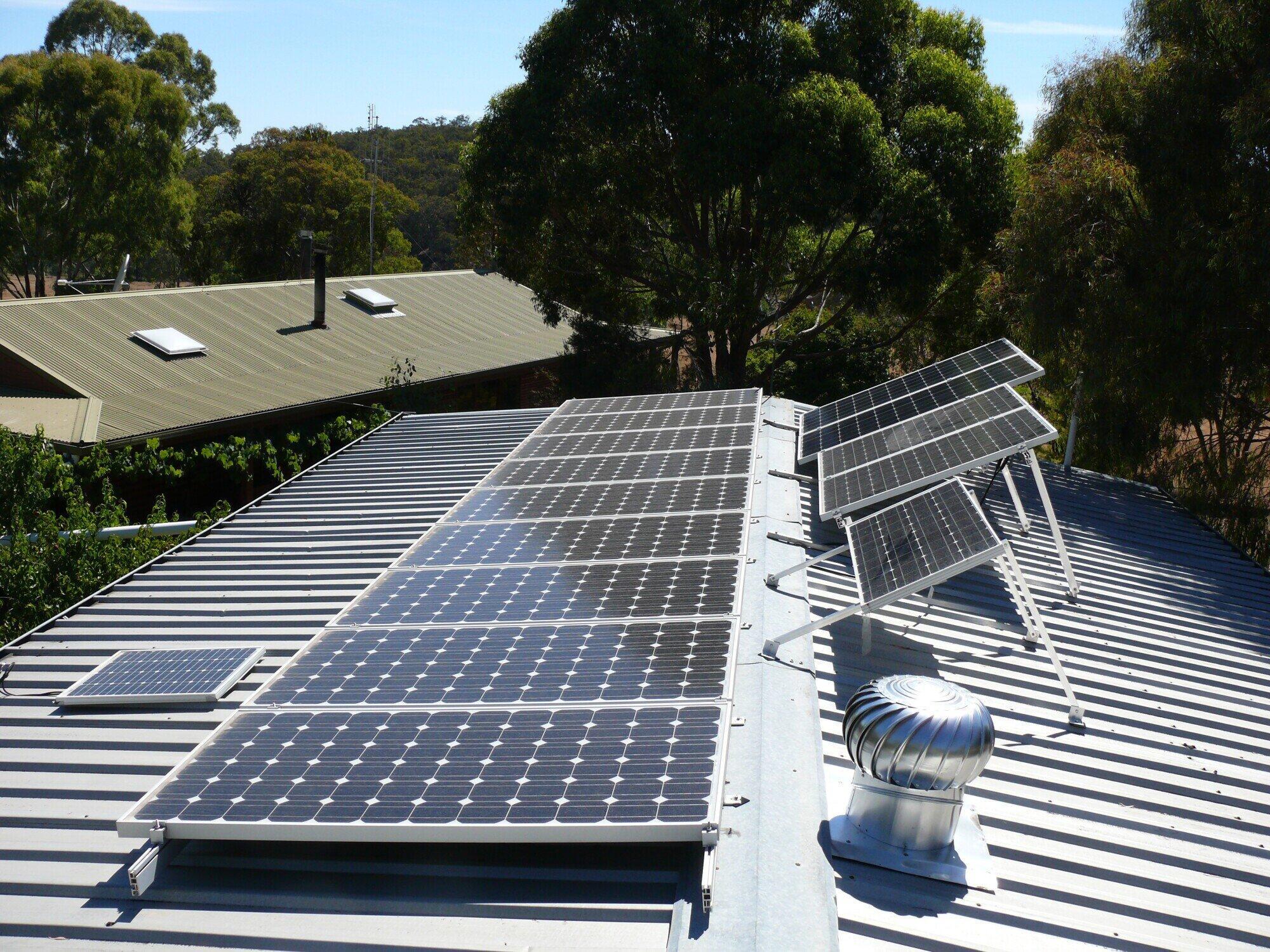As solar power continues to surge in popularity due to its environmental and long-term economic benefits, navigating the array of products in the solar market can be a daunting task.
One of the crucial decisions solar enthusiasts and professionals must make is choosing the right mounting system for solar panels. Metal roofs come with their unique surface and load-bearing characteristics. So, they require a specialized approach.
In this comprehensive guide, we’ll walk you through the top factors to consider when selecting metal roof solar mounts. That way, you can ensure that your solar panel installation is not only seamless. It can also be optimized for performance and longevity.
Read on and let’s begin!
Roof Material Compatibility
Metal roofs come in different materials, such as steel, aluminum, copper, and zinc. Each material has its load-bearing capacity and surface characteristics.
When selecting a metal roof solar mount, it’s essential to consider the material compatibility. The mounts should not only be compatible with your specific metal roof type. It must also be able to handle its weight and any potential corrosion risks.
For instance, some metal roofs have a rust-resistant coating that may be damaged by certain types of mounts. It’s crucial to consult with a professional solar installer to determine the best roof mounting systems for your specific metal roof material.
Mounting Method
There are various methods for mounting solar panels on metal roofs. This includes clamps or brackets, standing seam clamps, and direct attachment. Clamps or brackets are the most commonly used method and involve securing the mounts to the ribs of a metal roof.
Standing seam clamps attach to the raised seams between two metal roof panels. Direct attachment involves drilling holes into the metal roofing material. It should only be done by a professional with experience in this technique.
Each mounting method has its advantages and considerations. For example, standing seam clamps are easier to install. Yet, they may not provide as much stability as direct attachment.
It’s important to discuss the pros and cons of each method with your solar installer. That way, you can determine the best option for your specific metal roof.
Weight and Load Capacity
Metal roofs have varying levels of load-bearing capacity. So, it’s crucial to choose solar mounting solutions that can handle the weight of your solar panels. Additionally, solar panel arrays can be heavy. This is especially true when considering multiple rows or larger systems.
Your solar installer should perform a thorough assessment of your metal roof’s structural integrity and recommend a mounting system that won’t compromise its stability. This is especially important in areas with high winds or heavy snow loads.
Adjustability and Tilt Angle
The tilt angle of solar panels plays a significant role in their performance. In general, the optimal tilt angle for solar panels is equal to the latitude of your location. However, this may not be suitable for metal roofs with a steeper pitch.
Adjustable mounting systems can provide more flexibility in terms of tilt angle and allow for better positioning of solar panels on metal roofs. This can result in increased efficiency and energy production.
Durability and Weather Resistance
Metal roofs are known for their durability and ability to withstand harsh weather conditions. However, the same cannot always be said for solar mounts. It’s important to choose a mounting system that is specifically designed to withstand the elements and will not corrode or degrade over time.
Look for mounts made from high-quality materials such as stainless steel or aluminum. Additionally, make sure the mounting system has been tested and certified for weather resistance.
Ease of Installation
When selecting a metal roof solar mount, consider the complexity of the installation process. Some mounting systems may be more efficient and cost-effective in the long run. Yet, they may require specialized equipment or expertise to install.
It’s important to discuss the installation process with your solar installer. You must choose a mounting system that is not only suitable for your metal roof. It must also be feasible for your specific installation needs.
Certifications and Standards Compliance
It’s essential to choose a mounting system that complies with industry standards and certifications. This ensures that the system has been thoroughly tested and meets:
- safety requirements
- performance requirements
- durability requirements
Look for mounts that have been certified by organizations such as UL (Underwriters Laboratories) or ICC (International Code Council). These certifications can provide peace of mind knowing that your solar panel installation will be safe and reliable. That way, whether you hire locals from Wisconsin’s solar energy experts or consult with a professional in your area, you will be sure of the right certifications and standards compliance.
Warranty and Support
When choosing a metal roof solar mount, be sure to check the warranty and support offered by the manufacturer. A good warranty can protect against any defects or issues that may arise with the mounting system.
Make sure the manufacturer offers reliable customer support. This can help in case you have any questions or concerns about your mounting system. This can save you time and money in the long run.
Moreover, it’s always a good idea to work with reputable and established manufacturers. They must have a proven track record of providing high-quality products and customer support. This way, you can ensure that your metal roof solar mount is not only durable but also backed by a trustworthy company.
Cost and Value
It’s essential to consider the cost and value of the mounting system. While cheaper options may seem like a good deal at first, they may not provide the same level of durability and performance as higher-priced systems.
It’s important to weigh the upfront cost against the potential long-term savings in terms of energy production and maintenance costs. In some cases, paying more for a high-quality mounting system can be a better investment in the long run.
Choose the Right Metal Roof Solar Mounts
Choosing the right metal roof solar mounts involves considering a variety of factors as we have discussed. By carefully evaluating these factors and consulting with a professional solar installer, you can ensure that your solar panel installation is optimized for performance and longevity on your metal roof.
So, take the time to research and choose the best mounting solution for your specific metal roof type. Your future self (and the environment) will thank you!
Should you wish to explore more topics, visit our blog. We’ve got more!





